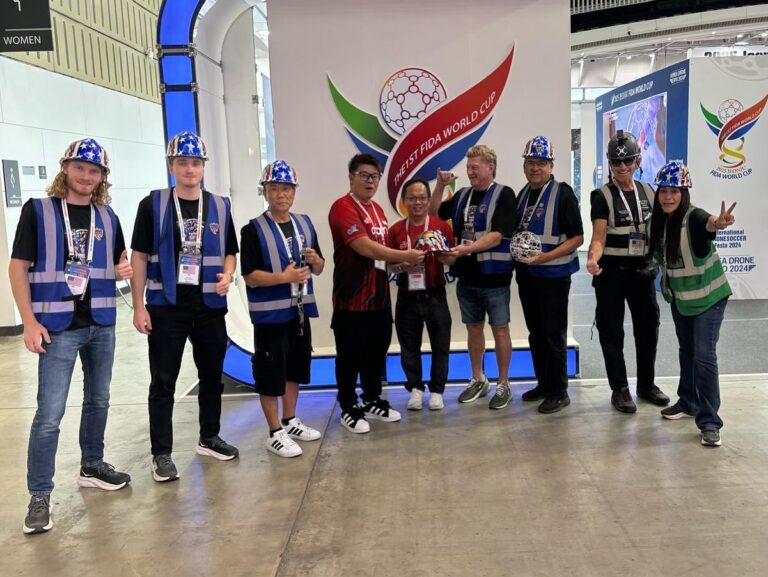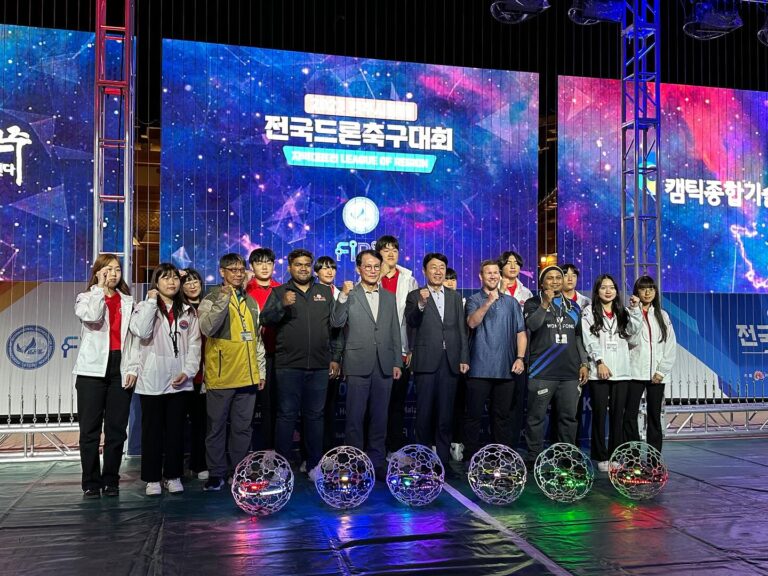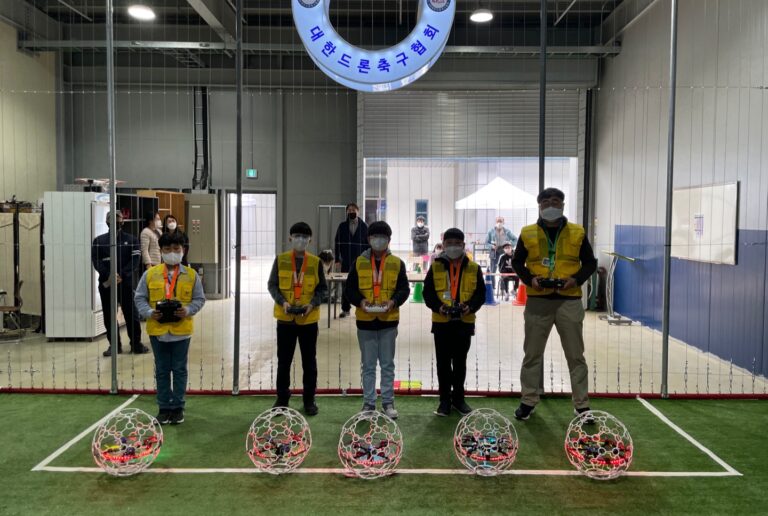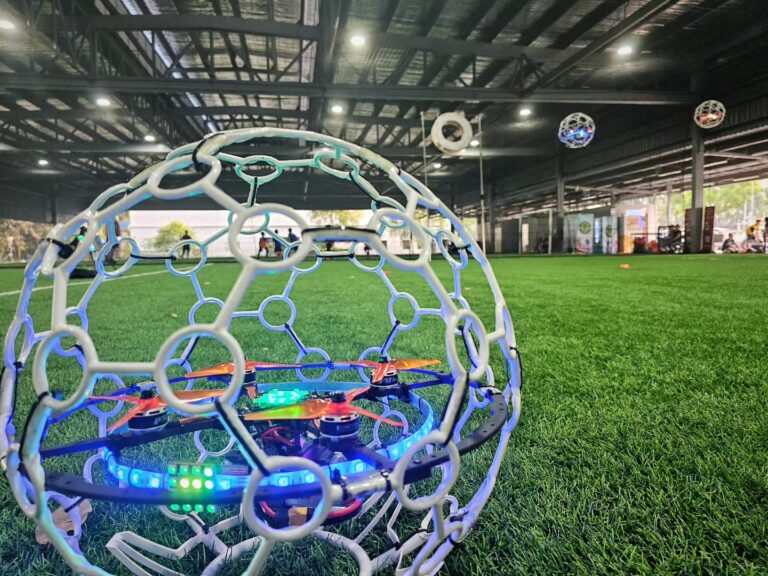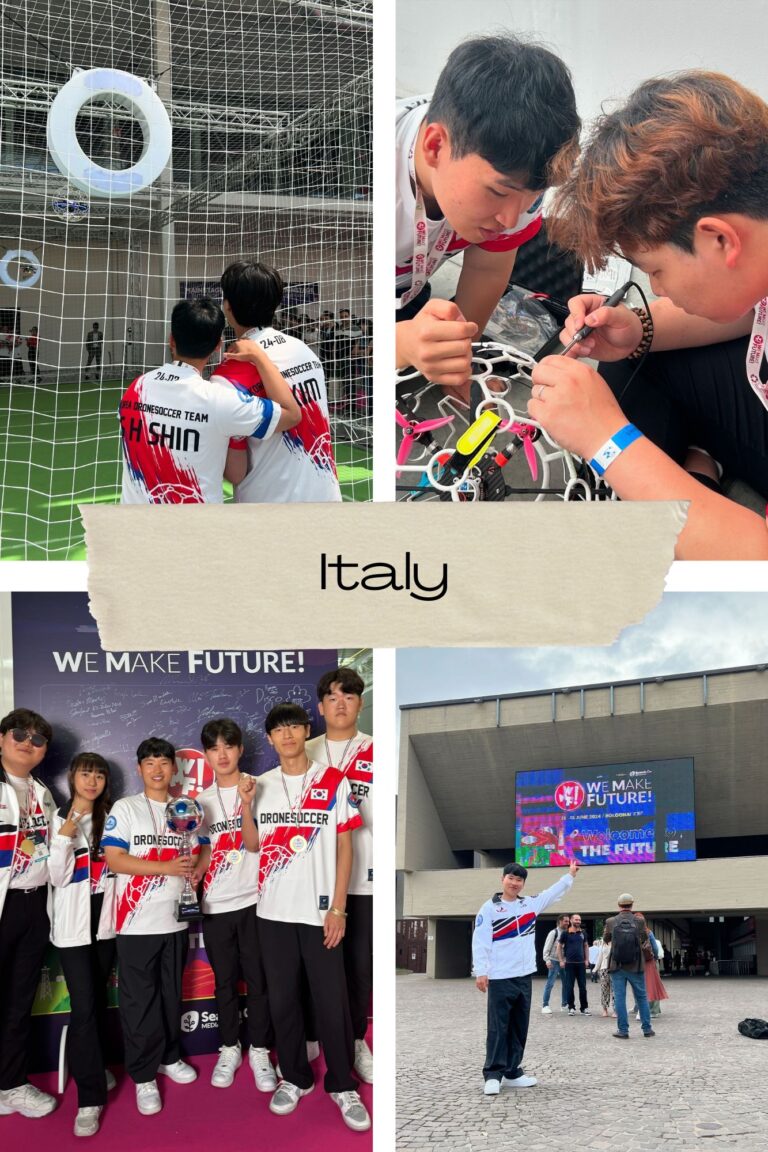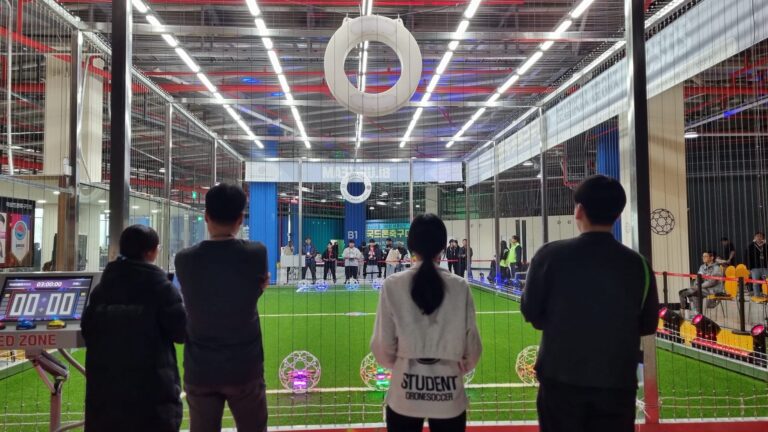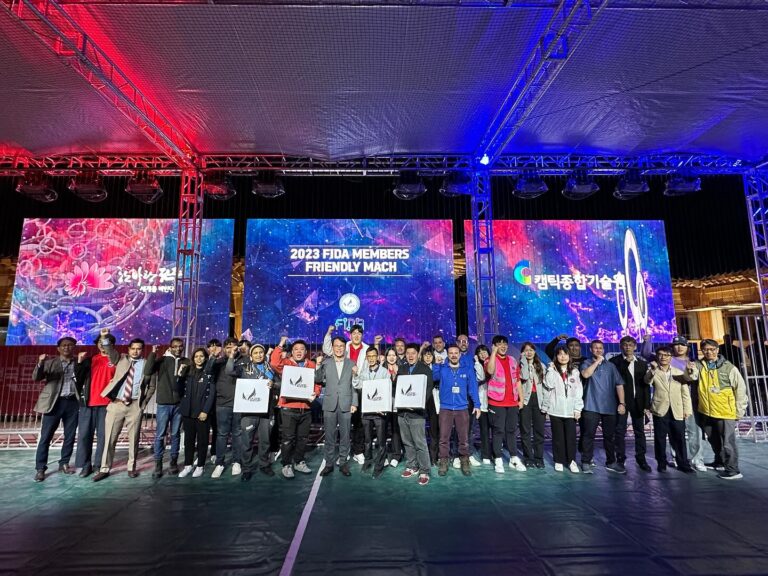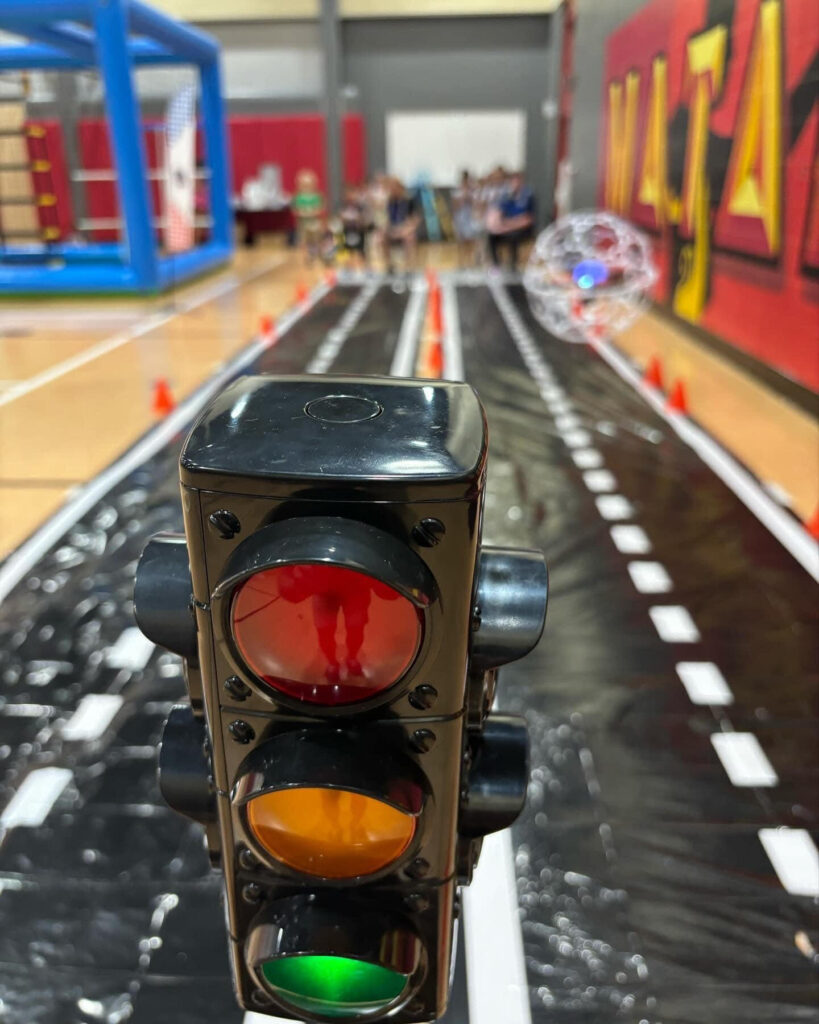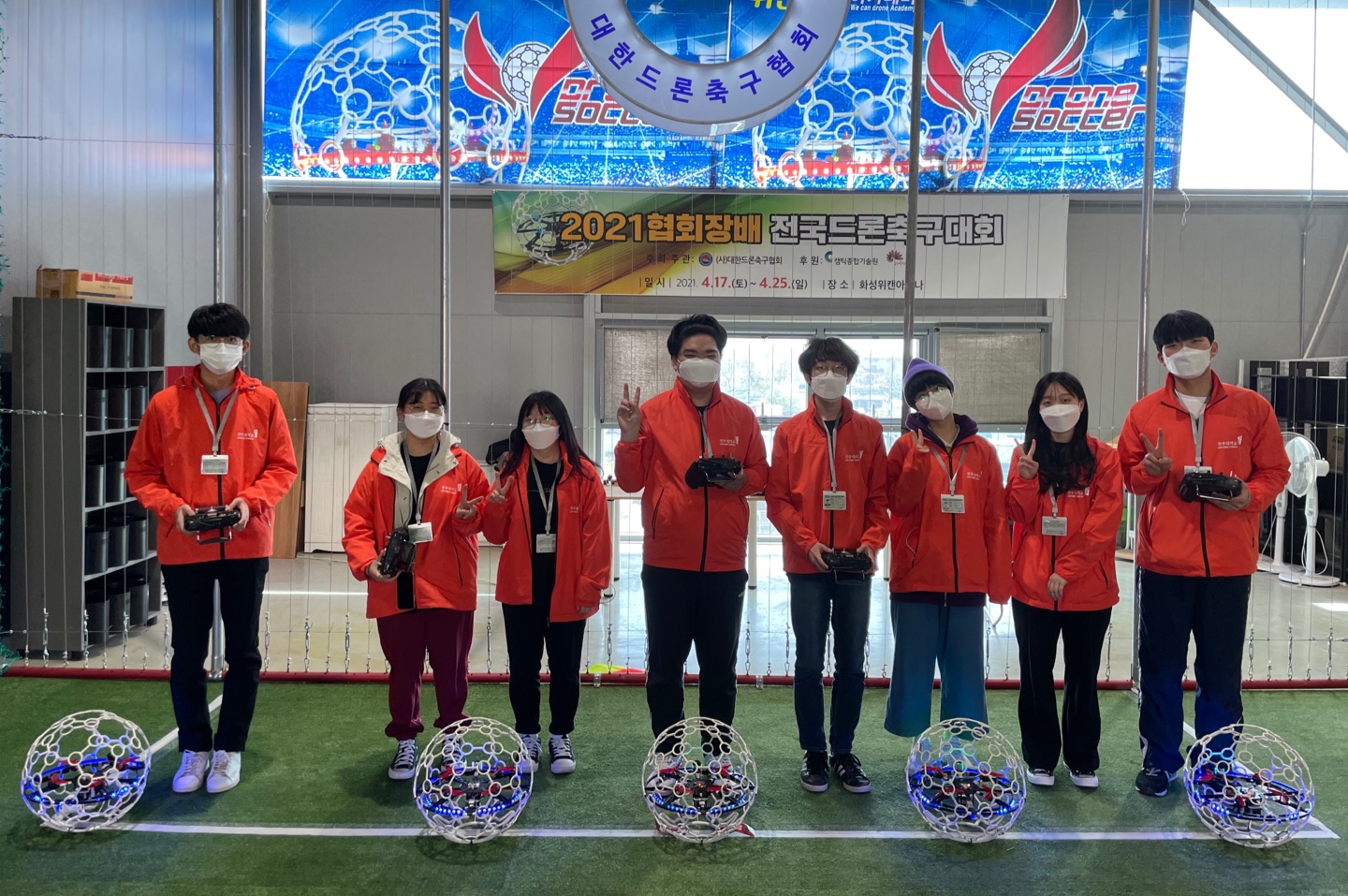
Introduction
Drone soccer goes beyond high-tech sporting competition — it’s a psychological war ground where victories and losses affect players in deeply personal way. The psychology behind such outcomes can shed light as to how players deal with success and failure and how these experiences affect their performance as well as mentality moving forward. Here’s a closer view of the logic of winning and losing in Drone soccer.
The Psychological Effects of Winning: The Thrill of Victory
Boost: You will gain tremendous confidence when you win the Drone soccer. When Johny and Billie are successful, they feel confirmed in their competence and their various tactics, feedback or otherwise, reinforce their mindset, allowing them to perform better going forward. Presenting yourself with confidence can increase concentration, facilitate better decision-making, and encourage you to take more risks.
The sense of Victory: Winning is ultimately a feeling of accomplishment. It confirms the effort, practice and strategy that players have put into the sport. That sense of accomplishment can be a powerful force in motivating players to keep improving and seek greatness.
Team Cohesion In team-based Drone soccer, winning reinforces team cohesion. The sense of camaraderie between coworkers is enhanced through sharing success. Improved team morale translates into better cooperation and communication as everyone works toward a common goal, creating a positive team atmosphere that encourages future successes.
Stress Relief: A win can decrease the stress and anxiety of competing. Emotional relief and a more relaxed and focused mindset for the next round can be achieved through the satisfaction of a hard-fought victory.
Psychological toll of defeat: Mental blocks from losing
Ego and self-esteem: A player’s ego and self-esteem can take a hit when losing. If players have put in the work over time and feel under-prepared, it may result in feelings of either inadequacy or self-doubt. That being said it takes being strong and positive to get out of these thoughts.
A Will to Win: Others, however, may find that losing serves to galvanize them. Players want to look back at the series and be able to do better, which can improve their skills, which is a very powerful motivating force. This drive can turn failures into lessons in growing and improving.
Team Dynamics: In drone soccer organized with teams, a loss can shake team unity. It may cause tensions or blame within your members of staff, destroying your communication and collaboration. It’s important to address these issues constructively to maintain team morale and cohesion.
The emotional resilience: it builds the emotional strength since learning to deal with loss is very much a part of being strong emotionally. “To be a better player, they need to learn to deal with disappointment and stay positive. Focusing on what was learned from the experience and using it as a basis for improvement, all going forward.
Strategies for Coping with Winning and Losing
Mindset Development: A growth mindset enables players to see wins and losses as learning opportunities. Rewarding skill in effort and growth more than results prevents completion bias and cultivates a habit of trying and improving instead of victory.
Promoting Reflective Practice: Promoting reflective practice, whereby players review their performances irrespective of the results, can prove advantageous. Now drawing on their previous experiences while still reflecting on where they could improve and where they excelled in their match.
Rewarding Small Achievements: Rewarding commitment can help boost morale. The Act of positivity and achievement can also force a better outlook on the players to persuade themselves to keep on with the game.
Support Systems: Developing support systems including coaches, teammates, and mentors offer players the encouragement and direction necessary to manage the psychological swings of competition. Providing constructive feedback while also being a source of emotional energy is key in helping them cope with the highs and lows of winning and losing.
At the Mercado Anti Social Network Headlines Transformational Tools in Sports and Business 11:51 pm Best of Times vs. These techniques enhance concentration and minimize anxiety, leading to improved performance and overall health.
The Importance of Coaches and Mentors
Freedom to Succeed: Coaches and mentors help players manage and balance the psychological facet of winning and losing. Acting as a support system, listeners can help players if they ever feel overwhelmed with emotions.
Resilience Development: Coaches can also help players build resilience, teaching them how to bounce back from setbacks and develop a stronger mindset. Such skills prepare players to face both victories and defeats with equanimity, and they teach them to keep aiming for their goals.
Encouraging a Healthy Environment: Next, develop a constructive environment in the team that encourages healthy psychological growth. Finding ways to instill Teamwork, Respect & Support for one another also creates a solid base with which to navigate the basics of the competitive landscape.
Fostering Long-Term Psychological Well-Being
So, what are the drawbacks of Drone soccer? Most of the psychological challenges Drones get to prepare you for life. Through repair and restoration of the spirit, any life skills learned by players, like resilience, self-discipline, and emotional regulation, will cross over and ultimately be beneficial beyond the sporting arena.
Improved focus and performance: The challenge of winning and losing from a psychological/clinical perspective enhances focus and performance. Mental skills training helps players to manage pressure better, be motivated and to perform to their full potential.
Improved Enjoyment: Deriving the psychological effects of competition adds enjoyment to the sport. Those that are able to keep their emotions in check and stay positive in their Drone soccer experience will naturally find reward and satisfaction.
Conclusion
Drone Soccer and the Psychology of Winning and Losing By recognizing the psychological implications of winning and losing, players, coaches, and teams can formulate strategies to cope with emotions, foster resilience, and ultimately improve performance. Therefore, by respecting these psychological aspects, Drone soccer can be both an entertaining sport and a powerful vehicle for promoting personal growth and development.

